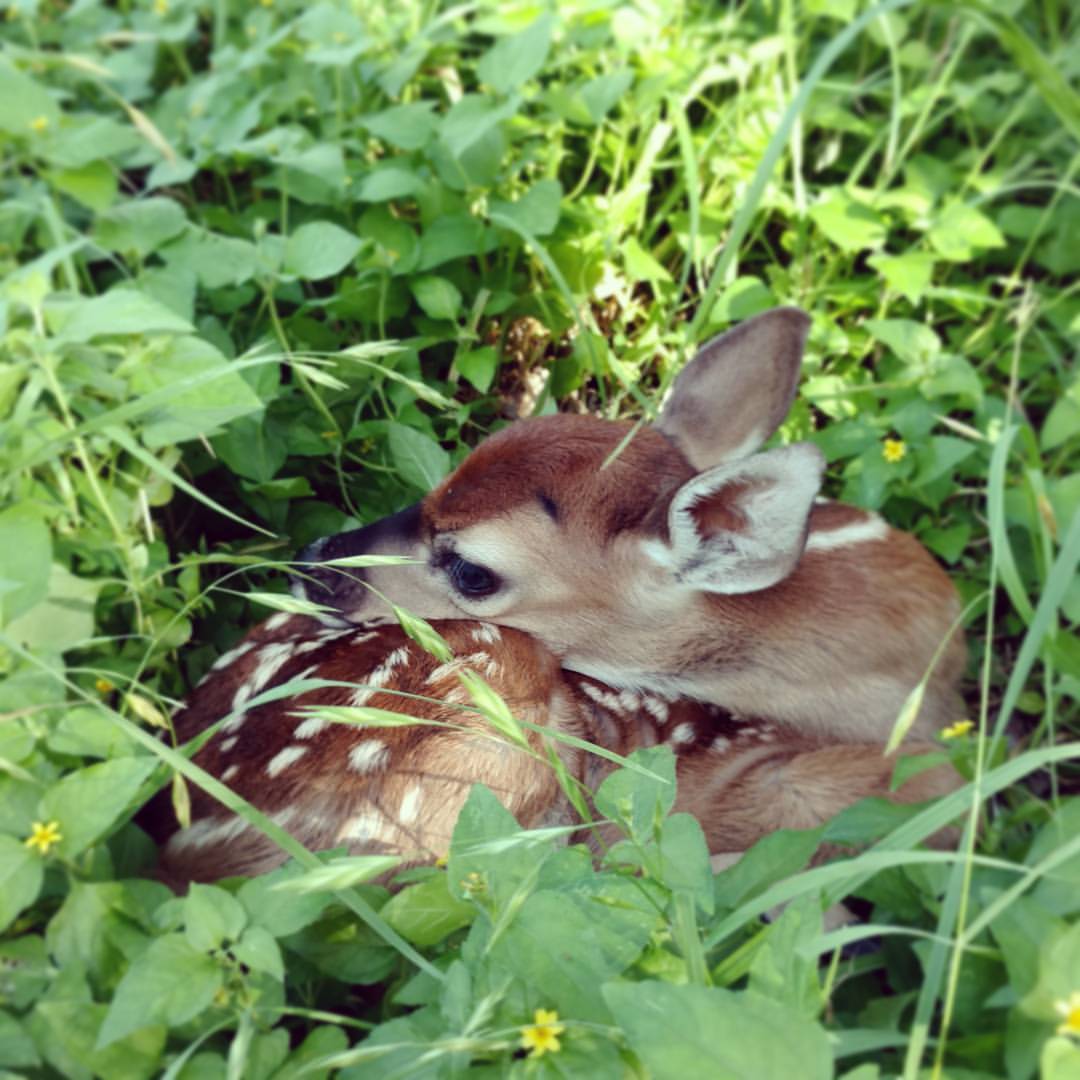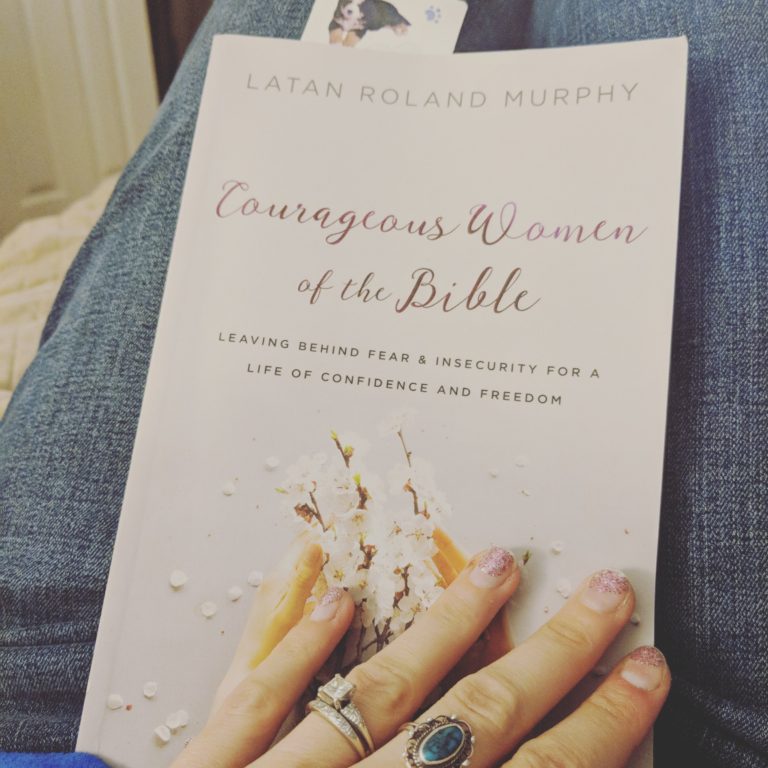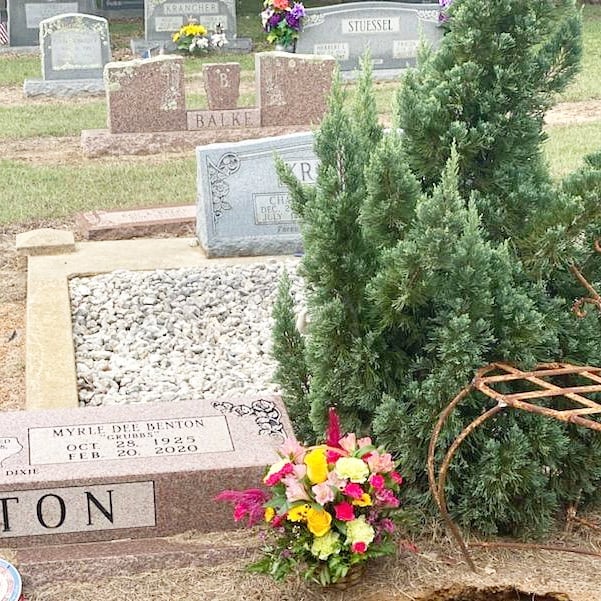God is Always Close Enough to Lend Aid to His Vulnerable Creatures
A couple of years ago, our lawnmower broke just as the neighborhood deer began to foal.
Over the next couple of weeks, we found four beautiful, tiny fawns hidden in the tall grass of our Texas hill country front yard. Initially, we were shocked to discover newborn babies seemingly abandoned, but we soon learned that mother deer “park” their fawns in a safe place while they search for food. This is part of an ancient routine, an instinctual habit that enables the survival of the whitetail deer species.

God is always close enough to lend aid to his vulnerable creatures
We knew not to touch the babies (perhaps because of the widely known rule about birds?), but we worried about predators—coyotes, snakes, or fire ants—finding and killing them before their mothers returned. Then we learned fawns are born with built-in protection. Newborns are without scent and are pre-programmed to be still and quiet. Deer also never venture far from their young, and they most likely kept their eyes on us the whole time we were observing their offspring.
Each new fawn discovery brought great excitement for our family. My preschool-age daughters and I were in constant awe, and the youngest, of course, had to be frequently reminded not to touch the cute deer. We savored those rare opportunities to see the animals up close, and we took as many photos as possible without disturbing the babies.
Within a few days, one by one they disappeared, and only a small, flattened oval of grass remained in each one’s place. The mothers retrieved them under cover of nightfall, so we didn’t even have the privilege of watching them leave. It was, rather appropriately, a private moment for mother and baby.
In those fleeting days when our yard served as a wildlife refuge, God taught me about his protection over his most vulnerable creatures.
Read more at The Glorious Table.







